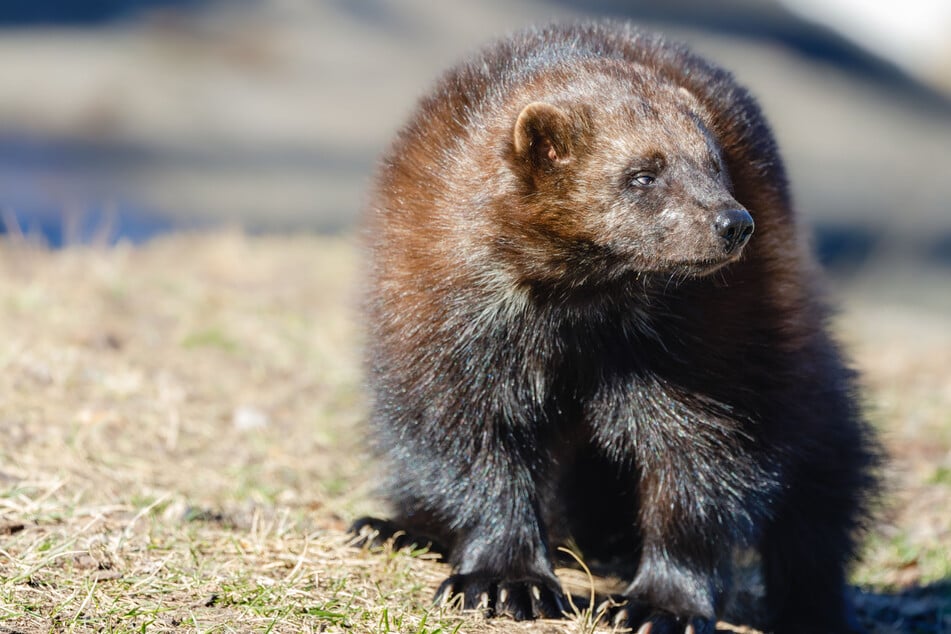Wolverines finally granted protections amid climate change destruction
Billings, Montana - The US Fish and Wildlife Service moved to protect the North American wolverine and give it threatened species protections in response to scientists' warnings that climate change will likely push the rare animal towards extinction.

The North American wolverine almost went extinct in the early 1900s due to unregulated trapping and poisoning.
Today, just 300 wolverines live in the US, in small populations in Idaho, Montana, Washington, Wyoming, and northeast Oregon.
The rare large weasels face extinction as their snowy mountain homes melt due to climate change. Wolverines build their dens and raise their young in packed mountain snow.
In the coming decades, warming temperatures are expected to put many animals at risk, including wolverines, as climate change raises sea levels and changes weather patterns.
Protections for the furry animals, which resemble bears, have been a long time coming as the Fish and Wildlife Service has been debating the risks of climate change and threats to the long-term survival of wolverines for the last two decades.
Conversationists celebrate wolverine protections after decades-long campaign

Conservationists celebrated the Fish and Wildlife Service's move to give wolverines protection, per the Center for Biological Diversity's press release.
"This long-awaited decision gives the wolverine a fighting chance at survival," Timothy Preso, an Earthjustice attorney who represented conservation groups, said. "There is now hope for this icon of our remaining wilderness."
Under former president Donald Trump, protections for wolverines were rejected. More recently, GOP lawmakers urged the decision about the wolverine to be delayed, claiming scientists' estimates about the effects of climate change were too inaccurate.
They warned that protections could lead to future restrictions on activities allowed in wolverine habitats, like snowmobiling.
"We have determined that the contiguous US DPS of the North American wolverine is a threatened species due primarily to the ongoing and increasing impacts of climate change and associated habitat degradation and fragmentation," US Fish and Wildlife Service Officials wrote in the proposal Wednesday.
The officials are "not concerned" about the effects of wolverine protections on existing ski resorts, as the animals are likely to avoid these areas, as reported by NPR.
Conservationists first tried to get wolverines listed as a threatened species in 1994, and the fight for wolverine protection has been ongoing ever since.
Cover photo: IMAGO / Wirestock

